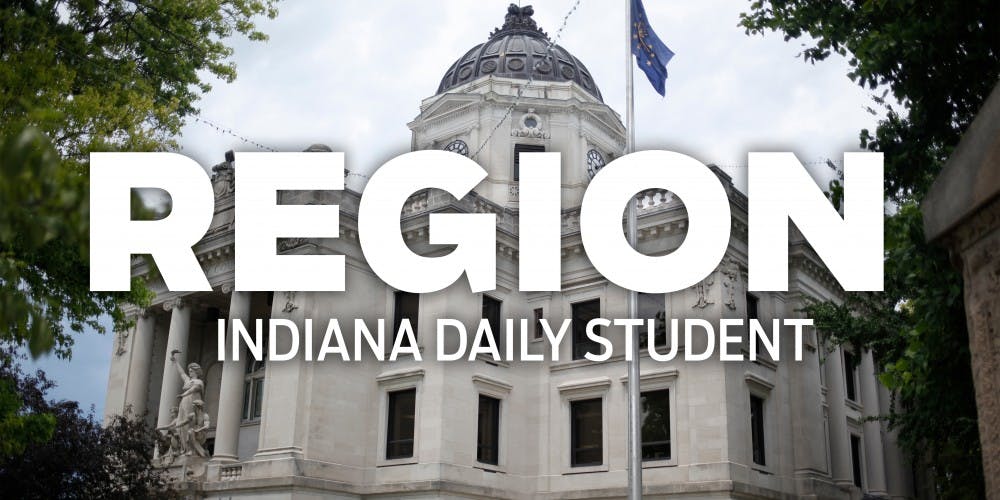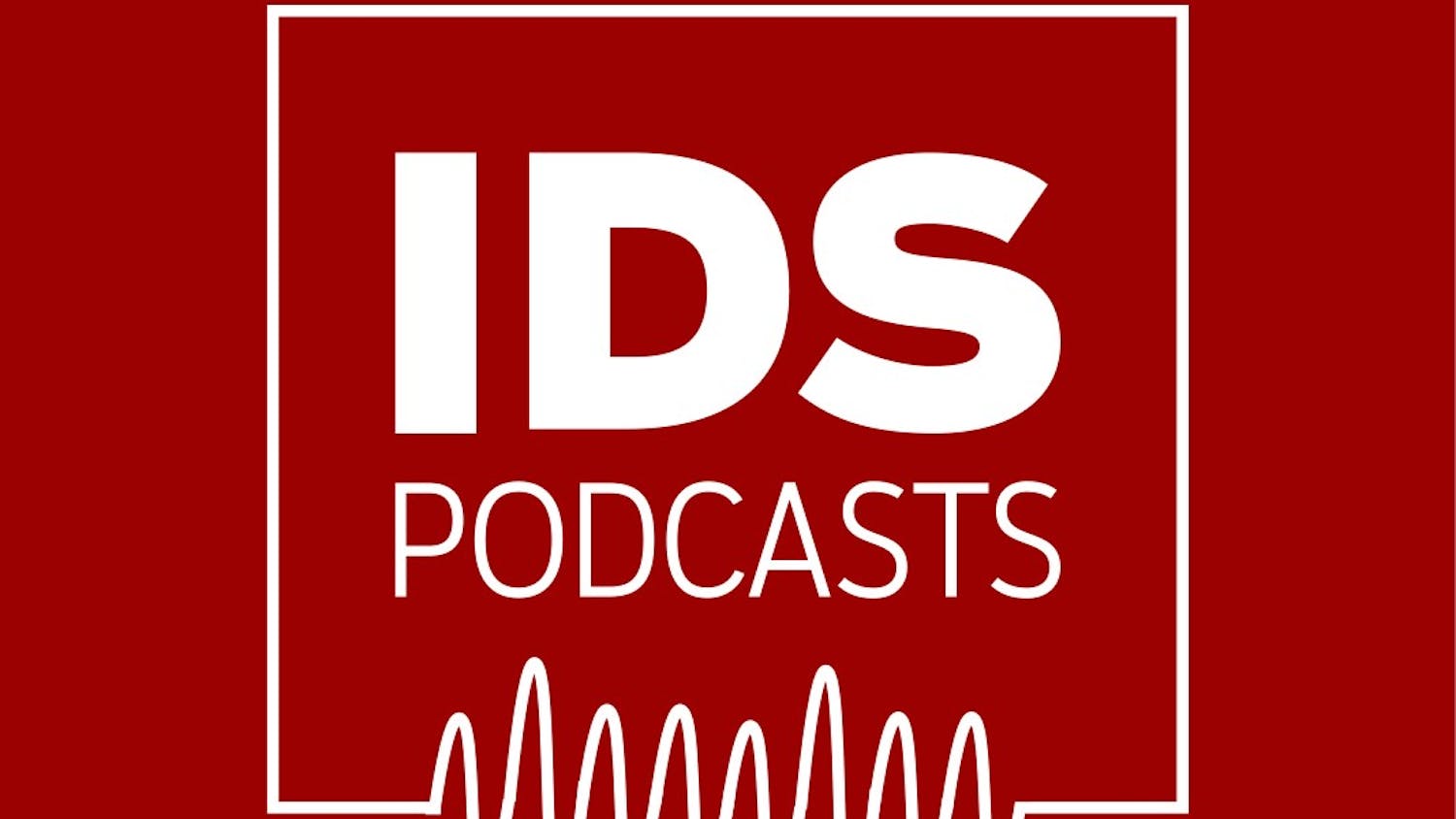The fight for Vice President Mike Pence’s emails may be headed to the Indiana Supreme Court.
Indianapolis labor lawyer William Groth has petitioned the Indiana Supreme Court to take his case, which centers on a public records request Groth filed for Pence’s emails from his government email account late in 2014.
If the case is accepted, it could shed light on a political skirmish surrounding Obama’s 2014 executive order on immigration.
While Mike Pence was still Indiana governor, he considered joining a lawsuit to try to block Obama’s executive order.
The executive order shielded many undocumented immigrants from deportation and offered them temporary legal status, which caused an uproar among Republicans.
Although Pence wanted to join in the lawsuit, Indiana attorney general Greg Zoeller refused to represent the state in the case, which meant Pence would have to hire private legal counsel using taxpayer dollars.
Groth was furious.
“I was offended that my tax dollars would be used to hire lawyers to pursue Governor Pence’s ideological interests,” Groth said.
He filed a public records request in December 2014 for files relating to Pence’s decision to hire legal counsel and join the lawsuit.
The documents Groth received in return were heavily redacted.
Among the documents was an email from the Texas governor’s chief of staff that was sent to 30 recipients and asked them to join in Texas’ lawsuit against President Obama.
The email had an attachment, but the attachment was not in the documents that Pence released to Groth.
Frustrated with Pence’s lack of cooperation, Groth sued Pence as a private citizen.
After losing in trial court, Groth took the case to the Indiana Court of Appeals.
There, Pence argued the redactions were necessary because they involved “deliberative material.”
This means the governor can choose to withhold at his own discretion, and because it violated the confidentiality of the attorney-client relationship.
He also argued the court didn’t have the power to force him to produce the attachment or hand over the files unredacted under a clause in the Indiana Constitution regarding separation of powers.
Last month, the Court of Appeals sided with Pence, but the decision was not unanimous.
In her dissent, Chief Judge Nancy Vaidik said because Pence had not actually joined the lawsuit at the time the documents were from his argument for attorney-client privilege didn’t hold up.
The email, she wrote, “served as a lobbying or soliciting tool by Texas to encourage other states to join its legal challenge.”
Vaidik also wrote because the email attachment had been prepared by someone outside of the Indiana governor’s office, it didn’t qualify as deliberative material.
“I do not believe that a public agency can protect a record from disclosure as deliberative material just by ‘using’ it,” Vaidik wrote in her dissent.
Now that he’s petitioned the Indiana Supreme Court to take the case, Groth said he is hopeful.
After a split decision in the Court of Appeals, this is the type of case the Supreme Court is suited to take — one that could resolve a conflict and clear up the law for future litigants.
Groth still wants to know what’s in the email attachment.
“If it’s completely innocent, and it’s nothing that would embarrass anyone or reveal nefarious dealings, I don’t know why he won’t produce it,” Groth said. “It raises one’s curiosity.”
Now that Pence has left his role as governor for the vice-presidency, the defendant in the case is technically Gov. Eric Holcomb.
Groth said there’s a possibility Holcomb could decide not to take the case any further and just hand over the emails unredacted, along with the attachment.
Holcomb has not commented on the case.
For now, Groth will have to wait and see if the Supreme Court will take the case.
With Pence serving as vice president, Groth thinks the case has significant public interest.
The arguments Pence made for why the court couldn’t force him to release all the documents somewhat parallel President Trump’s behavior toward the courts with his own executive order that barred travelers from seven Muslim-majority countries, which is being challenged by courts all across the United States.
“There’s definitely a trend here of the president and vice president taking a dim view of the right of the courts as separate but equal parents of the law,” Groth said.




